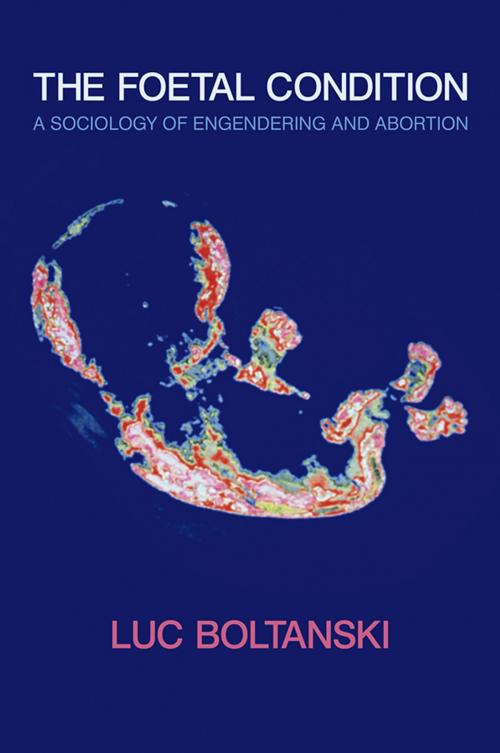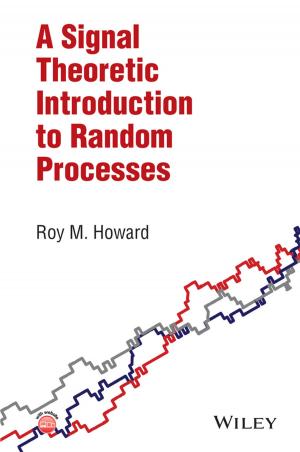The Foetal Condition
A Sociology of Engendering and Abortion
Nonfiction, Social & Cultural Studies, Social Science, Sociology| Author: | Luc Boltanski | ISBN: | 9780745683492 |
| Publisher: | Wiley | Publication: | October 29, 2013 |
| Imprint: | Polity | Language: | English |
| Author: | Luc Boltanski |
| ISBN: | 9780745683492 |
| Publisher: | Wiley |
| Publication: | October 29, 2013 |
| Imprint: | Polity |
| Language: | English |
Abortion is a contentious issue in social life but it has rarely been subjected to careful scrutiny in the social sciences. While the legalization of abortion has brought it into the public domain, it still remains a sensitive topic in many cultures, often hidden from view and rarely spoken about, consigned to a shadowy existence.
Drawing on reports gathered from hospital settings and in-depth interviews with women who have had abortions, Luc Boltanski sets out to explain the ambiguous status of this social practice. Abortion, he argues, has to remain in the shadows, for it reveals a contradiction at the heart of the social contract: the principle of the uniqueness of beings conflicts with the postulate of their replaceable nature, a postulate without which no society would achieve demographic renewal.
This leads Boltanski to explore the way human beings are engendered and to analyze the symbolic constraints that preside over their entry into society. What makes a human being is not the foetus as such, ensconced within the body, but rather the process by which it is taken up symbolically in speech - that is, its symbolic adoption. But this symbolic adoption presupposes the possibility of discriminating among embryos that are indistinguishable. For society, and sometimes for individuals, the arbitrary character of this discrimination is hard to tolerate. The contradiction is made bearable, Boltanski shows, by a grammatical categorization: the “project” foetus - adopted by its parents, who use speech to welcome the new being and give it a name - is juxtaposed to the “tumoral” foetus, an accidental embryo that will not be the object of a life-forming project.
Bringing together grammar, narrations of life experience and an historical perspective, this highly original book sheds fresh light on a social phenomenon that is widely practised but poorly understood.
Abortion is a contentious issue in social life but it has rarely been subjected to careful scrutiny in the social sciences. While the legalization of abortion has brought it into the public domain, it still remains a sensitive topic in many cultures, often hidden from view and rarely spoken about, consigned to a shadowy existence.
Drawing on reports gathered from hospital settings and in-depth interviews with women who have had abortions, Luc Boltanski sets out to explain the ambiguous status of this social practice. Abortion, he argues, has to remain in the shadows, for it reveals a contradiction at the heart of the social contract: the principle of the uniqueness of beings conflicts with the postulate of their replaceable nature, a postulate without which no society would achieve demographic renewal.
This leads Boltanski to explore the way human beings are engendered and to analyze the symbolic constraints that preside over their entry into society. What makes a human being is not the foetus as such, ensconced within the body, but rather the process by which it is taken up symbolically in speech - that is, its symbolic adoption. But this symbolic adoption presupposes the possibility of discriminating among embryos that are indistinguishable. For society, and sometimes for individuals, the arbitrary character of this discrimination is hard to tolerate. The contradiction is made bearable, Boltanski shows, by a grammatical categorization: the “project” foetus - adopted by its parents, who use speech to welcome the new being and give it a name - is juxtaposed to the “tumoral” foetus, an accidental embryo that will not be the object of a life-forming project.
Bringing together grammar, narrations of life experience and an historical perspective, this highly original book sheds fresh light on a social phenomenon that is widely practised but poorly understood.















